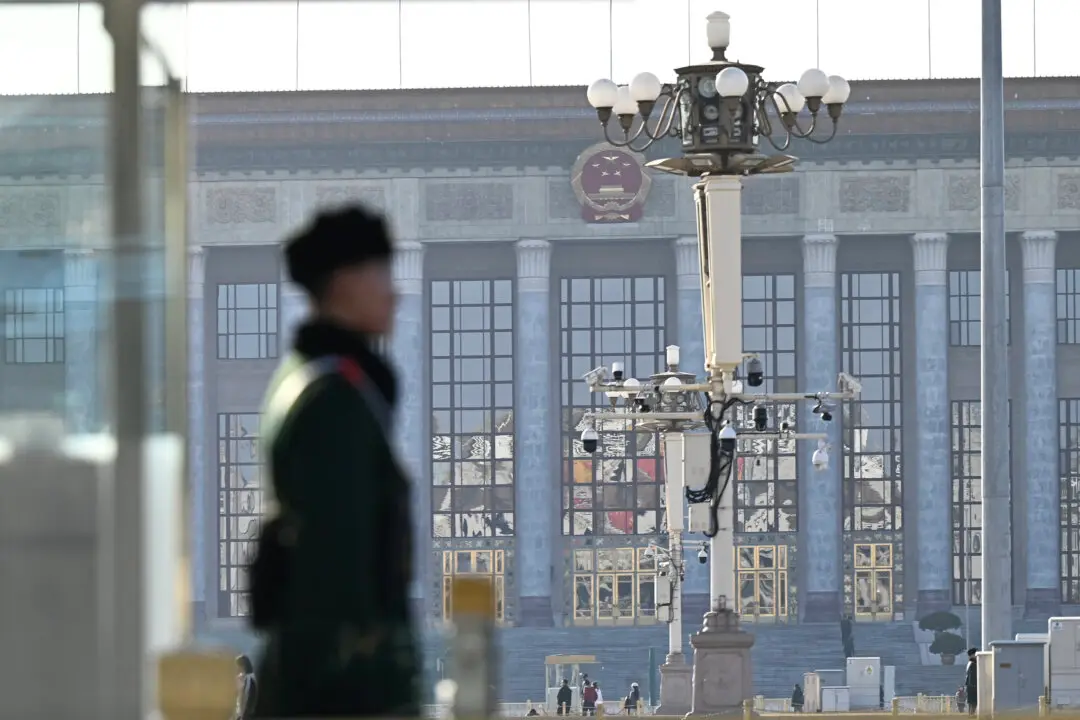News Analysis
China’s already sluggish economy is bracing for more challenging times, as the ruling Chinese Communist Party (CCP) has vowed not to back down from a fight with the United States on tariffs, according to economics and finance experts as well as small business owners inside and outside the country.




